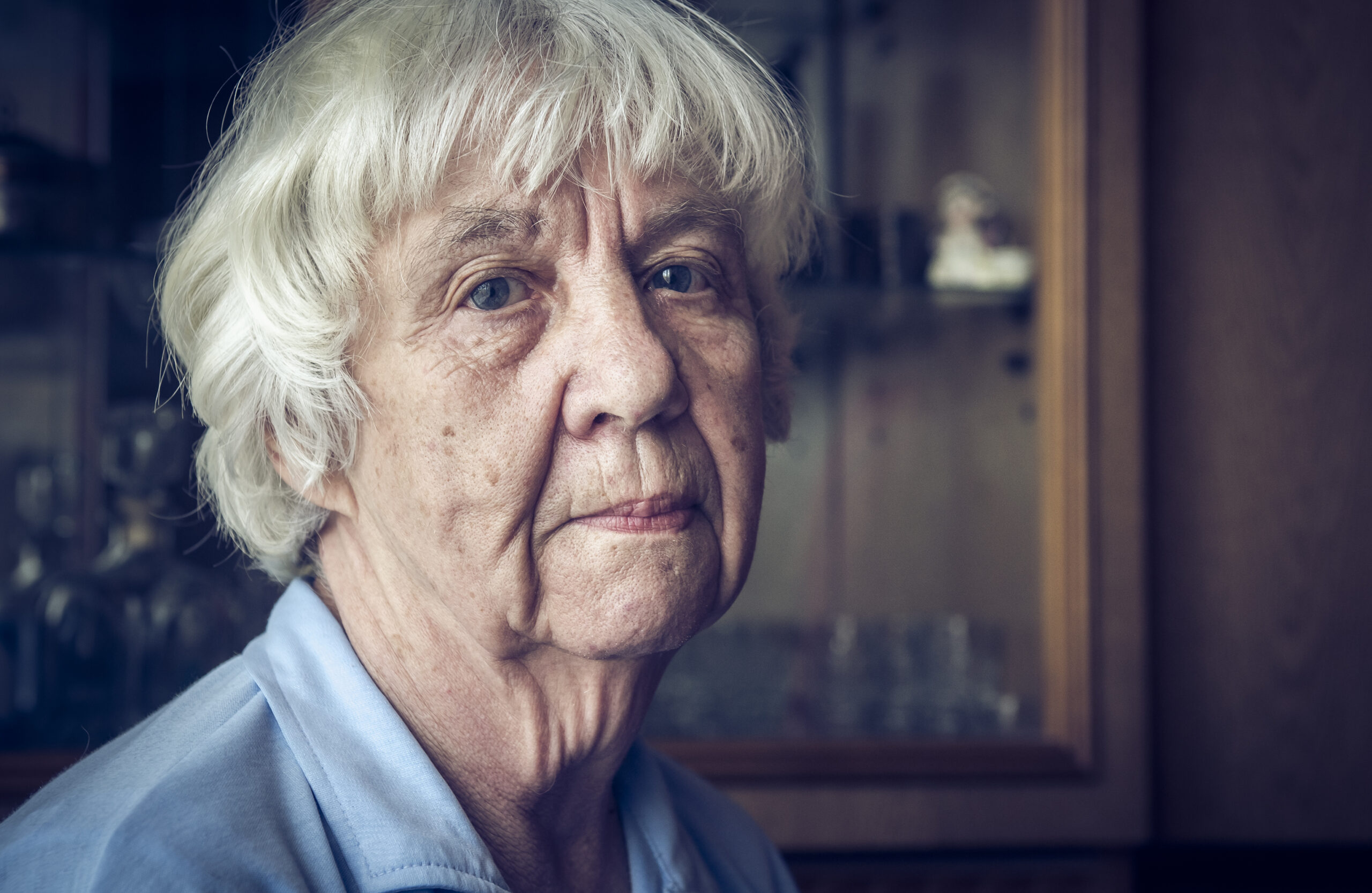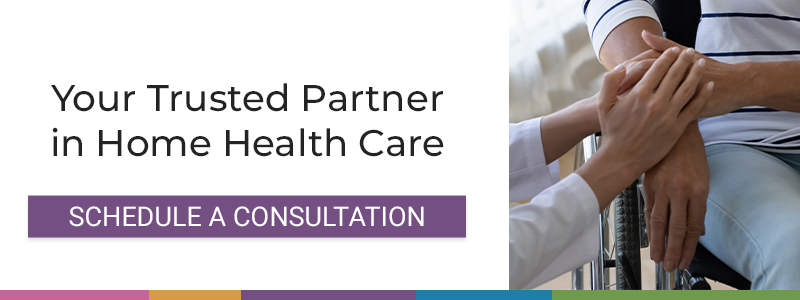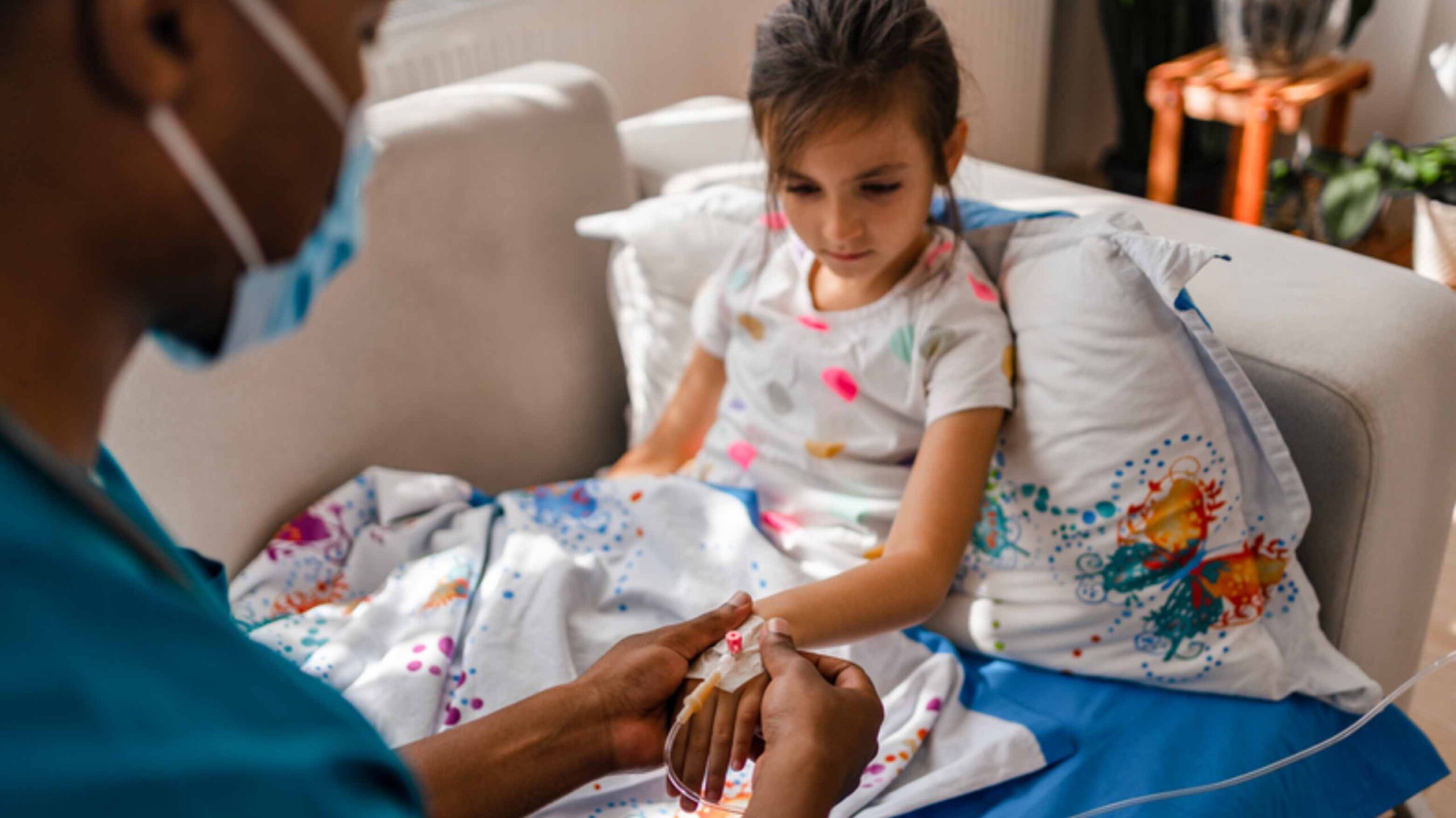Depression is one of the most common mood disorders in the country. It can happen to anyone at any age, regardless of a person’s background or personal achievements. In older adults, depression can be difficult to spot for a variety of reasons. Some people believe that depression is a natural part of aging. Some elderly adults may be isolated, which prevents other people from noticing their distress.
It’s important to understand that depression is not a symptom of getting older, and it should never be taken lightly. With the right care, you can actively control your depression symptoms and lead a full, rich life. Learn more about the symptoms and signs of depression in elderly folks below from our home health aide services.
What is Depression?
Depression, also known as clinical depression or major depressive disorder, is a severe mood disorder that is often characterized by persistent feelings of sadness and a loss of motivation or interest. This can have severe effects on nearly every aspect of your life and prevent you from performing everyday activities or partaking in things that once interested you.
Depression can sometimes be a long-lasting issue. Most people with depression have multiple depressive episodes throughout their lives when symptoms are more severe. While the exact cause of depression is not known, most research shows that changes in brain chemistry and hormones may play a major role in depression.
Symptoms of Depression
As mentioned, depression is primarily characterized by extreme, persistent feelings of sadness, hopelessness, or emptiness. Sadness, grief, and generally feeling blue are normal emotions that everyone can and should feel, but depression can be all-encompassing and long-lasting. It is not something that you can simply “snap out of”, and it often is accompanied by feelings of self-loathing, guilt, and worthlessness. You may fixate on past failures or blame yourself for things long past. It can feel like a constant weight that is impossible to shake off, even when you are around loved ones or performing activities you normally enjoy.
Depression can also manifest in the form of general irritability, frustration, and outbursts over small trifles. Depression is also often accompanied by anxiety and feelings of restlessness. Depression can cause cognitive impairment, like poor concentration, an inability to make decisions, and memory issues. At its worst, depression can lead to frequent suicidal thoughts.
Although depression is a mood disorder, it can exhibit several physical symptoms, including:
- Insomnia, sleeping too much, and other sleep issues
- Either a reduced appetite and sudden weight loss OR increased food cravings leading to sudden weight gain
- Digestive issues
- General fatigue and lack of energy, making even basic tasks extremely difficult (this can lead to neglecting personal care, like meals, bathing, and medication)
- Unexplained physical illness and pains, including back and joint problems and headaches
Depression in elderly adults predominantly tends to present more of these physical symptoms. This means that older people with depression are more likely to consult their primary care physician for physical aches and sleep disturbances than for mood problems. Elderly adults may also use different language, referring to “their nerves” instead of talking about sadness directly.
The above are the most common symptoms of depression, but it’s important to understand that people experience and exhibit depression in different ways. There is no “right” or “wrong” way to be depressed.
Depression vs. Sadness
A big part of what makes depression so hard to identify in anyone of any age is that it can be easy to mistake for grief or general sadness. Grieving and being sad can be hard on their own, but they are natural and, in most cases, healthy.
The main difference between depression and general sadness is the constancy and length of time. Sadness can be hard to shake, but you will experience good moments even in times of grief. You can still laugh at jokes and enjoy the company of your loved ones. Depression and depressive episodes can be constant and all-consuming. Hobbies and activities that you once enjoyed can feel meaningless. Depression is also intrinsically tied to self-loathing or a lack of self-worth.
Grief and trauma can, of course, cause or feed into depression or occur at the same time as depression.
Treating Depression in Elderly Individuals
Thankfully, depression, even in its severest forms, is actually one of the most treatable mental disorders. Upwards of 90 percent of people respond well to treatment, and given the right treatment options, you can successfully gain relief for your symptoms.
Treatment starts with a basic physical examination and medical consultation. Your doctor may take a blood test to detect if the depression is caused by something physiological, like a vitamin deficiency or a thyroid issue. Your physician can also go over your current medication as certain drugs can cause symptoms similar to depression.
If the doctor cannot find a medical condition contributing to depression, you will proceed to a psychological evaluation. This can properly diagnose your depression and determine if you may have other mental or mood disorders.
Treatment options will vary from person to person, but most cases of depression are treated with psychotherapy and medication.
Psychotherapy for Depression
Psychotherapy, also known as talk therapy, generally involves talking about your life and your condition with a mental health professional. The length of this therapy can vary. Some treatments may last 10 to 20 weeks, while other treatments can be more long-term.
Broadly, psychotherapy is designed to help you:
- Identify negative thinking and behaviors and replace them with healthy, positive ones
- Develop healthier ways to solve problems and cope
- Identify any issues that may be contributing to your depression
- Ease hopelessness, anger, and other depression symptoms while regaining a sense of control and motivation in your life
- Develop strategies to tolerate or even accept distress
Psychotherapy comes in a wide variety of forms. Cognitive-behavioral therapy is one of the most common. It focuses on changing negative thought patterns and behaviors that contribute to depression. Interpersonal therapy is designed to help people navigate troubled relationships that may contribute to their depression. Support groups and group therapy can introduce you to people facing similar issues and reduce your sense of isolation.
Antidepressants
Along with therapy, you may be prescribed medication in the form of antidepressants. There are many types of antidepressants, but all of them essentially work to modify and improve your brain chemistry. The most common include SSRIs (selective serotonin reuptake inhibitors), SNRIs (serotonin-norepinephrine reuptake inhibitors), and tricyclic antidepressants.
Antidepressants are not tranquilizers or sedatives, and they are not habit-forming. However, they may cause certain side effects, including nausea, insomnia, and fatigue. It’s important to talk to your doctor about any side effects that you experience.
You may need to try several different antidepressants to determine the most effective one, and it can take two to four weeks before you see improvements. It can take two to three months to experience the full benefits. Your psychiatrist may also need to tweak your dosage. Even then, antidepressants are not a magic pill that will instantly cure your depression. They are designed to modulate your brain chemistry to help you better manage your depressive symptoms.
Psychiatrists usually recommend continued use of antidepressants at least six months after symptoms have improved. If you are at a higher risk of depressive episodes, your psychiatrist may suggest longer-term treatment.
A Note on Self-Care
In more recent years, more people have publicly shared their journey with mental health and the importance of self-care. Not only do people in nursing homes or using home care experience depression, but the caregivers themselves can begin to feel depressed due to the nature of their work. One solution is respite care which can allow the caregiver some time to themselves to recuperate. Speaking with others who have gone through a similar experience may not cure depression, but it can be relieving to know you’re not alone.
Depression isn’t something you should try to take on by yourself. With Alliance Homecare, our in-home nurse care team can provide individualized in-home support to assist you with helping the elderly with depression. One of the benefits of home care services is simply the presence of another human being to reduce the loneliness that older individuals may deal with. Alliance Homecare creates customized care plans, including taking care of general tasks around the house, doing fun and mentally stimulating activities for better health, providing transportation to appointments, and much more. Contact us today for more information.
Sources:
- https://www.mayoclinic.org/diseases-conditions/depression/symptoms-causes/syc-20356007
- https://www.beyondblue.org.au/who-does-it-affect/older-people/signs-and-symptoms-of-depression-in-older-people
- https://www.helpguide.org/articles/depression/depression-in-older-adults.htm
- https://www.psychiatry.org/patients-families/depression/what-is-depression





